Celebrating Women Who Strive to Build a Better World for Their Children, Families, and Communities
Published on March 7, 2022
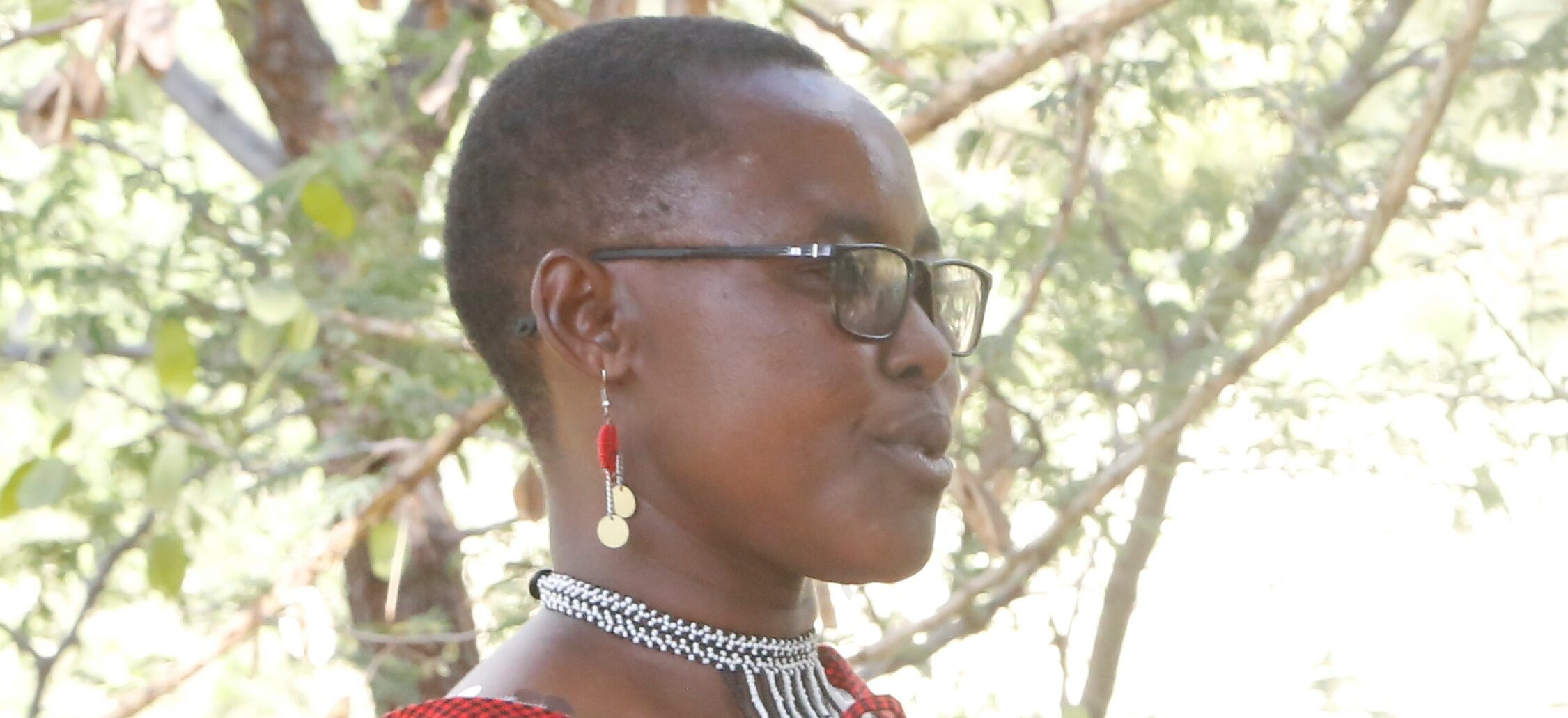
In celebration of International Women’s Day, we’d like to recognize the strong women from fragile or conflict-affected countries in sub-Saharan Africa. With the support of USAID’s MOMENTUM Integrated Health Resilience, these women are addressing social factors that make it difficult for women to receive the health care they need during pregnancy and delivery. Whether they encourage local communities to adopt healthy behaviors or enable women to make decisions about their health, these women are working toward saving lives or reducing preventable complications from pregnancy and childbirth.
Addressing Harmful Cultural Norms
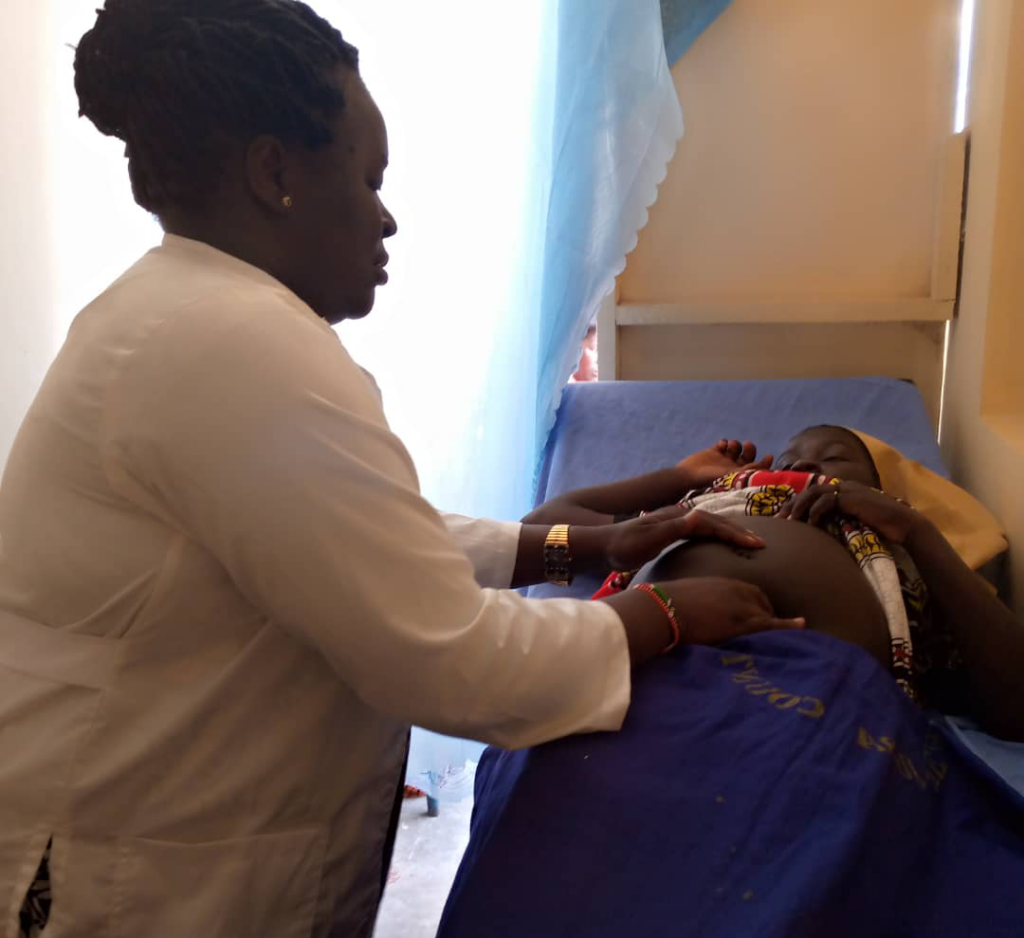
Grace Tabu envisions a world where women “can seek health care without harassment and men can support women when they come for care.” A widowed mother of two young children at 36, Grace is a mentor at the Gurei Primary Health Care Center, a USAID MOMENTUM-supported site just outside South Sudan’s capital of Juba. Throughout her life, she has witnessed women in her community dying in childbirth, infants dying from preventable causes, and teenage girls marrying at an early age and becoming pregnant.
“It made me sad,” she said, “and it motivated me to help my community.”
Grace and her mentoring peers offer on-site clinical mentoring and coaching to health facility staff who provide maternal, newborn, and child health services. She has seen men harass—and sometimes beat—women who come to the clinic seeking family planning and reproductive health services.
“Some cultural norms are harmful to the health of women,” she said. “I tell women they have the right to seek better health, to seek a healthy life,” she said.
She also encourages men to support women and share decisions about health. She hopes to change behaviors so that “men walk with their women to health facilities to seek care.”
Learn more about Addressing Gender in Global Health and Development in these insights from MOMENTUM.
Engaging Communities in Strengthening Local Health Care Services
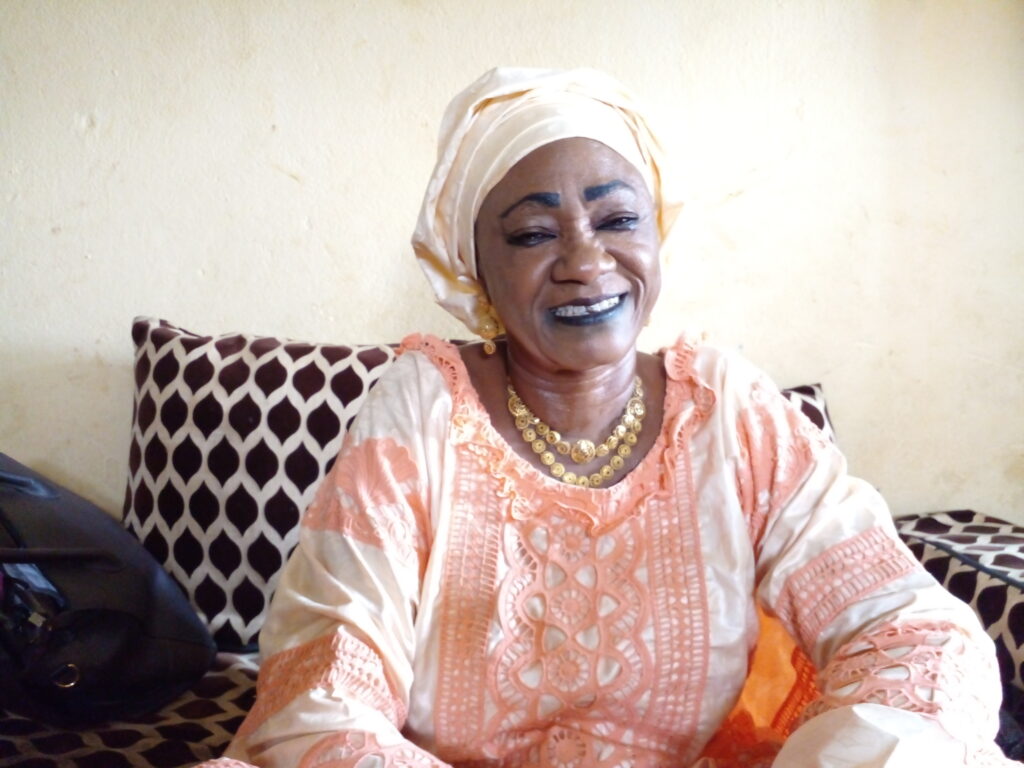
According to Our World in Data, 4,400 women die each year in Mali of pregnancy-related causes. That is why when MOMENTUM engaged Maïga Saïma Issa as a local partner in designing its program to strengthen health resilience for maternal, newborn, and child health, voluntary family planning, and reproductive health services in Mali, she was ecstatic. MOMENTUM supports citizen participation in community health resilience planning through participatory risk and health resilience assessments at the community level.
This citizen participation supports improved health resilience preparedness by community health centers. “If MOMENTUM hadn’t happened, we would have had to invent it because it meets our needs so perfectly,” said Issa. She is the President of the Fédération Régionale des Associations de Santé Communautaire (FERASCOM), an association of community health associations in her native Gao Region in northern Mali. MOMENTUM is helping Issa reach her goal of providing quality health care in Community Health Centers by strengthening the technical capacities of service providers and community health associations, delivering adequate equipment to health centers, and ensuring the continuous availability of essential drugs.
Learn more about how MOMENTUM is building resilience in health.
Reducing Gender Inequalities
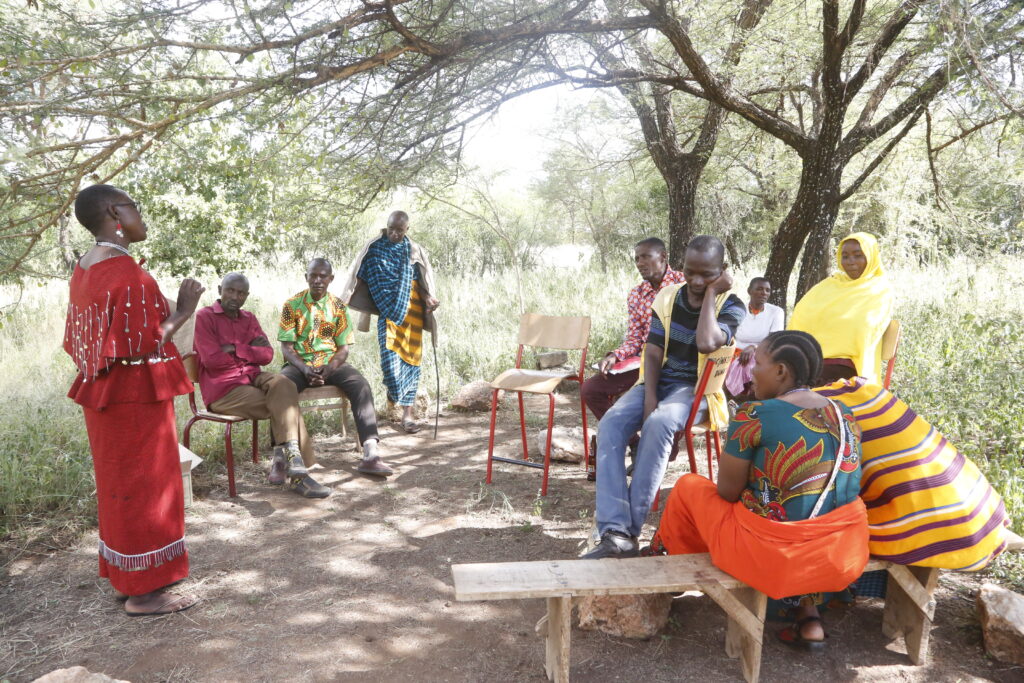
Before becoming a community health worker, Neemaeli Saitore would accompany pregnant women in her village, Mswakini Juu in the Monduli District in Tanzania, to the hospital for delivery. Men in her village would even ask her to assist their wives once they were in the hospital. “Maybe they felt that I was experienced for the task, but I wasn’t trained as a traditional birth attendant,” she said.
After receiving maternal, newborn, and child health training from Pathfinder, a partner of MOMENTUM Integrated Health Resilience, she can identify danger signs during pregnancy and offer needed support. “My main goal is to make sure my people understand issues related to health,” she said. “There was a man in my village who refused to let his wife receive care during her pregnancy,” she explained. Even when Neemaeli took the time to visit the family and explain the importance of prenatal care, he wouldn’t listen because she was a woman. “I had to go to the village dispensary and ask a doctor, who was a man, to offer counseling,” she said.
Despite such obstacles, Neemaeli does believe the number of service providers like herself, who can help change biases and behaviors over time, is increasing. “Programs, like the one we are working on with MOMENTUM Integrated Health Resilience, are doing a superb job in training and mentoring women service providers, which will help reduce gender biases,” she said. “I am now able to train my people despite their genders.”
Promoting Dignity, Respect, and Equity in Health Care Services
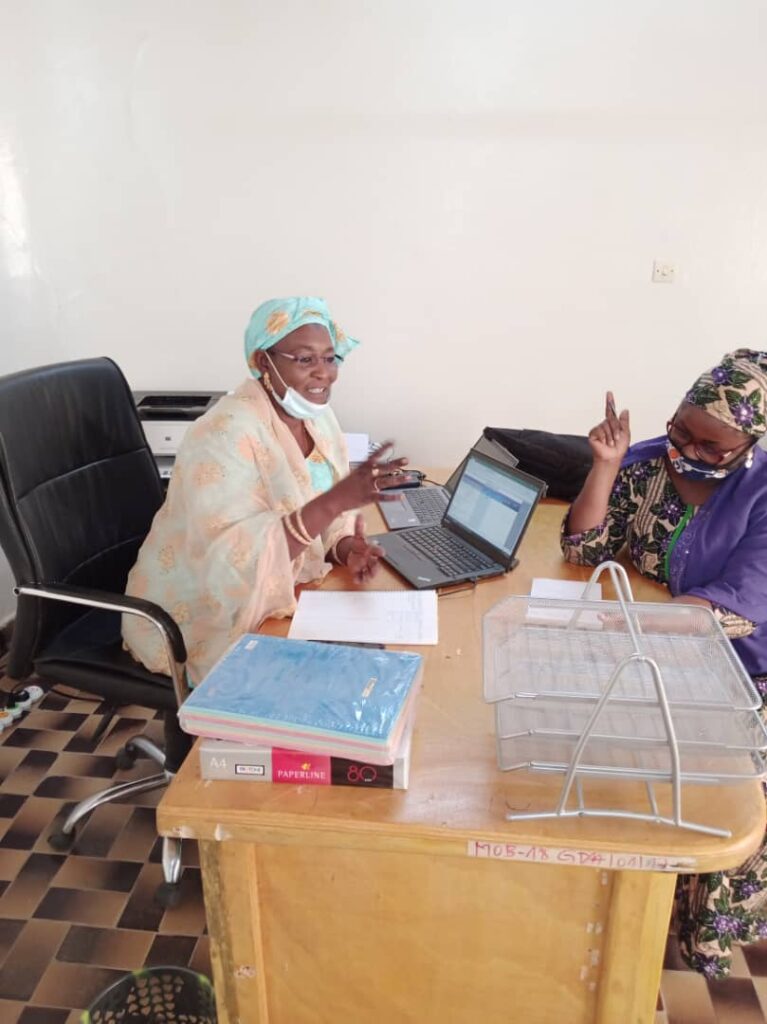
Saadatou Ibrahim Attimou has always wanted to help her fellow human beings, especially to improve the health of women and children. “Women in Niger have no decision-making power and are forced to accept the violence that a man inflicts on her,” she said. Access to services remains a challenge in Niger, which has the highest birth rate in the world—a Nigerien woman will have an average of seven children throughout her life.
Saadatou is the Regional Manager at MOMENTUM Integrated Health Resilience in Niger. MOMENTUM trains providers like Saadatou to collect feedback to help them understand the quality of care that their clients receive and continuously refine their approaches to meet clients’ needs better.
Her work focuses on getting feedback from members of the community so “we can together identify the problems related to inequalities and in a consensual way find the solution.”
While Saadatou does see inequities in the health system and the need to adapt infrastructures and develop capacity, she is optimistic that things will change for women in the future. “[We use] behavior change strategies that are enlightening men and women at all levels, and we are witnessing more and more awareness of women in communities and individually on their rights.”

